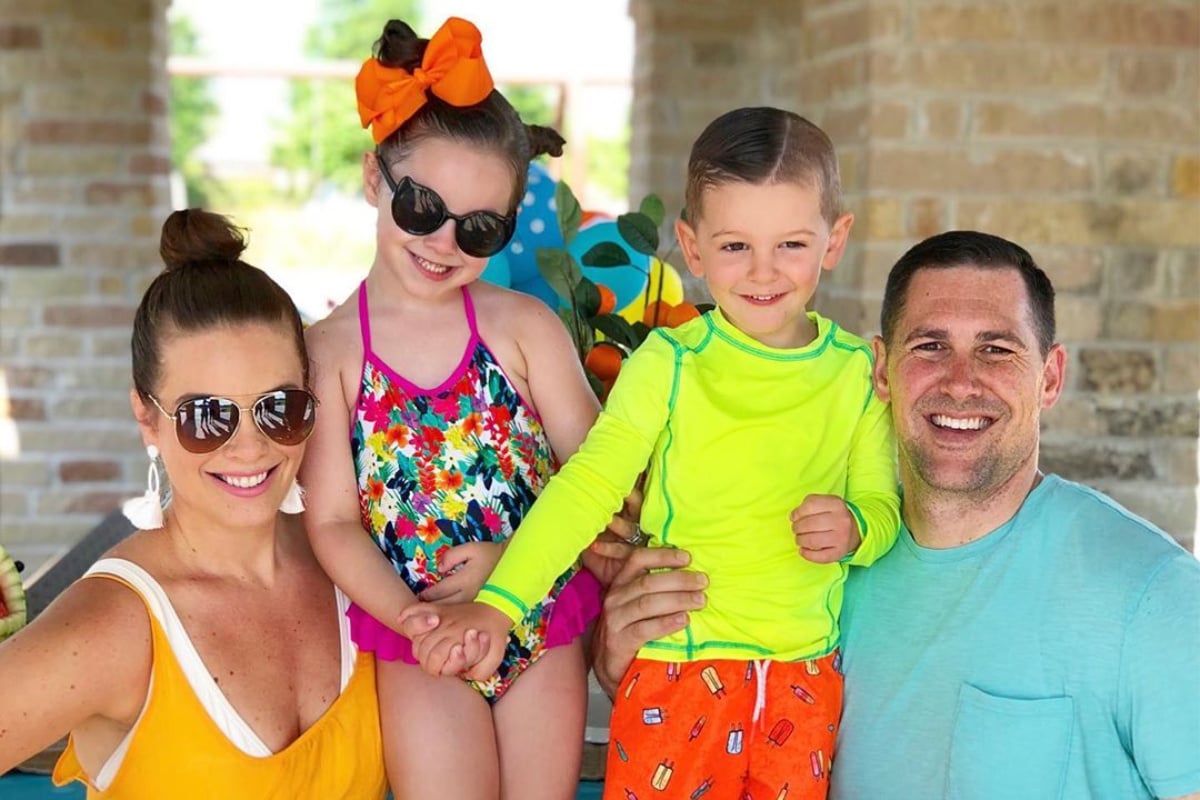
Content warning: This post contains mentions of sexual abuse some readers may find triggering.
They say a picture is worth a thousand words, but what exactly are those words? What’s the worth of something that’s carefully curated, filtered, and posed?
I’ll tell you. I’m a recovering pretend-post addict, after all.
Our most recent family photos were met with many words of praise:
“Your children are beautiful!”
You look so gorgeous!”
And the most gutting: “You have the perfect family.”
Side note – here’s an honest look at what life looks like with and without kids. Post continues after video.
No one could’ve known I was reading those comments with a pit in my throat, probably from the comfort of my bed, the one I refused to leave even for meals. It would be impossible to predict that behind closed doors I was crumbling; a woman on the verge of a mental break. One who had spent the last few years trying to save that very same “perfect” family.


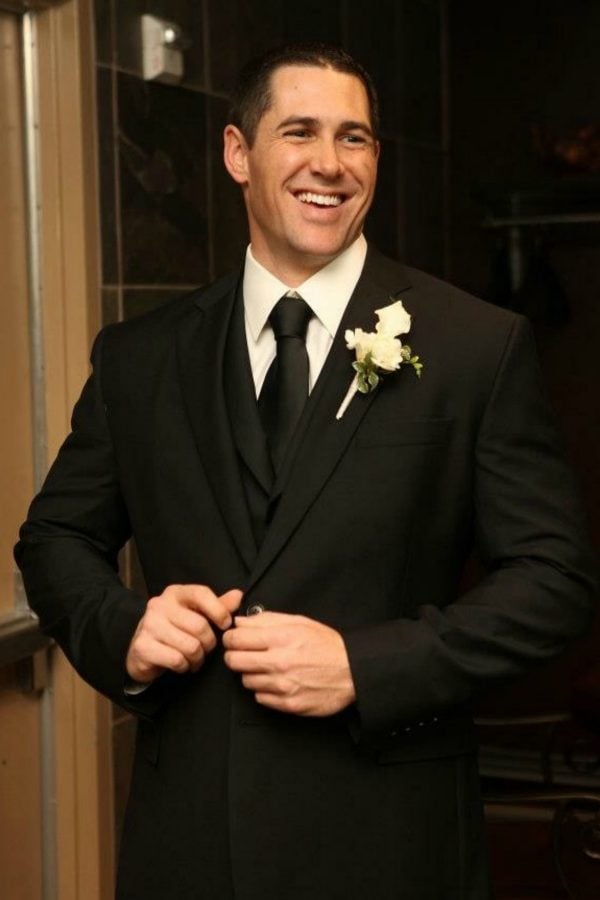
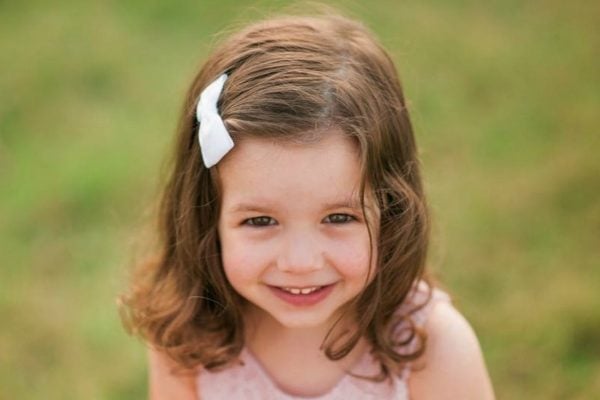
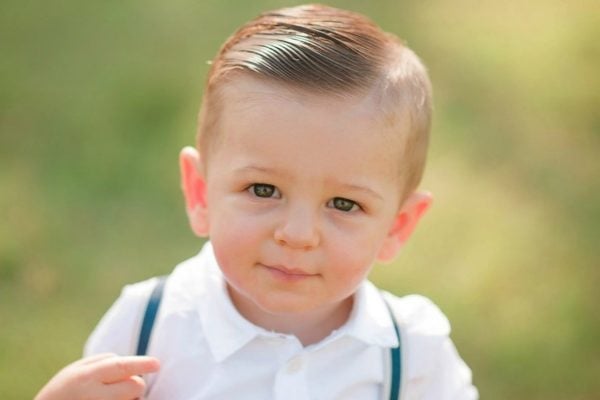
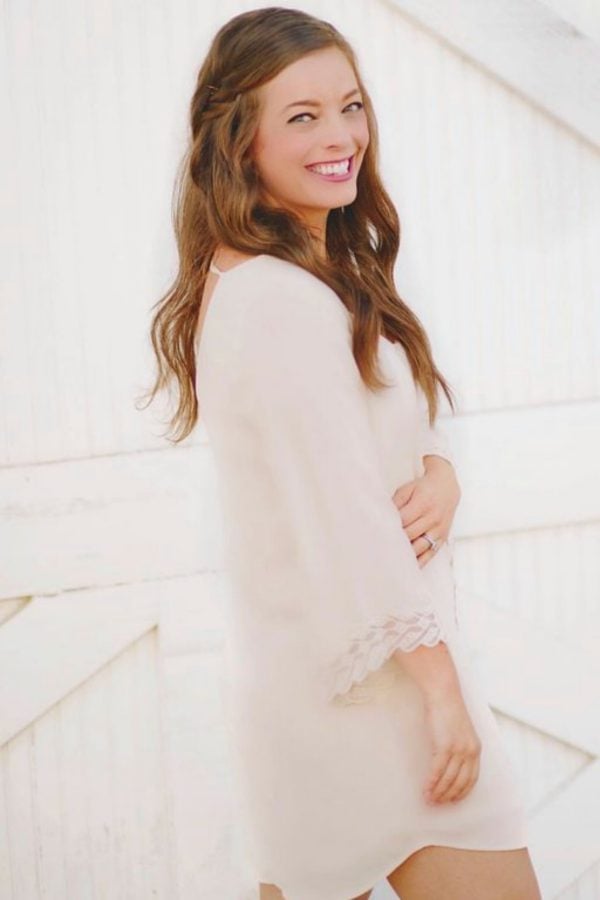
Top Comments
“We all have a private versus public image”, no, no we don’t, I’m more of a “what you see is what you get” kind of gal thankfully and have neither the energy nor the inclination to waste my time or anyone else’s time for that matter painting the picture of the perfect family, there is no such thing for a start. I’m sorry, maybe I should be more sympathetic but in my mind it’s just lies, all lies and the compunction to start building this online image, this veneer, comes from a very strange place, a desire to make people jealous, envious, it’s not pretty and it sure as hell ain’t perfect.
Im willing to bet you don't disclose all of your deepest secrets to everyone at school or the supermarket or in a job interview. Everyone has a private and public image, it doesn't have to be online. It would actually be maladaptive not to have a public filter (and no doubt you would be here complaining about them looking for attention by posting every private detail of their lives).
"It doesn't have to be online" is the key part of this. People like the woman featured in this article conflate real life with social media. Yes, in real life, we all have filters - but the majority of us don't feel a need to live our lives online. This is where "public image" online differs to that of "public image" in real life: cultivating and legitimising the former is still a really weird and maladapted practice, however you choose to look at it.
To the comments below. I believe the point of this story was how the author wanted to be seen via Instagram, because she was hiding some truths from herself and those around her. Once she stepped into her truth she was able to lift the veil. I thought it was a great article and extremely brave and an eye opener for those who live through the Instagram gaze.
The issue is that the author still seems to think living "through the Instagram gaze" is normal. Her perspective is still warped.
Well this is what the younger generation are growing up in and as much as you say you don't care for it, your kids probably will. I don't want my kids displaying their lives on Instagram and will try to educate them, however, stories like this help break the glossy filter of social media. I also believe this story is more about abuse and managing that trauma then anything else
I don't think many children read this website. I hope you don't educate your kids by normalising abnormal standards and behaviours.